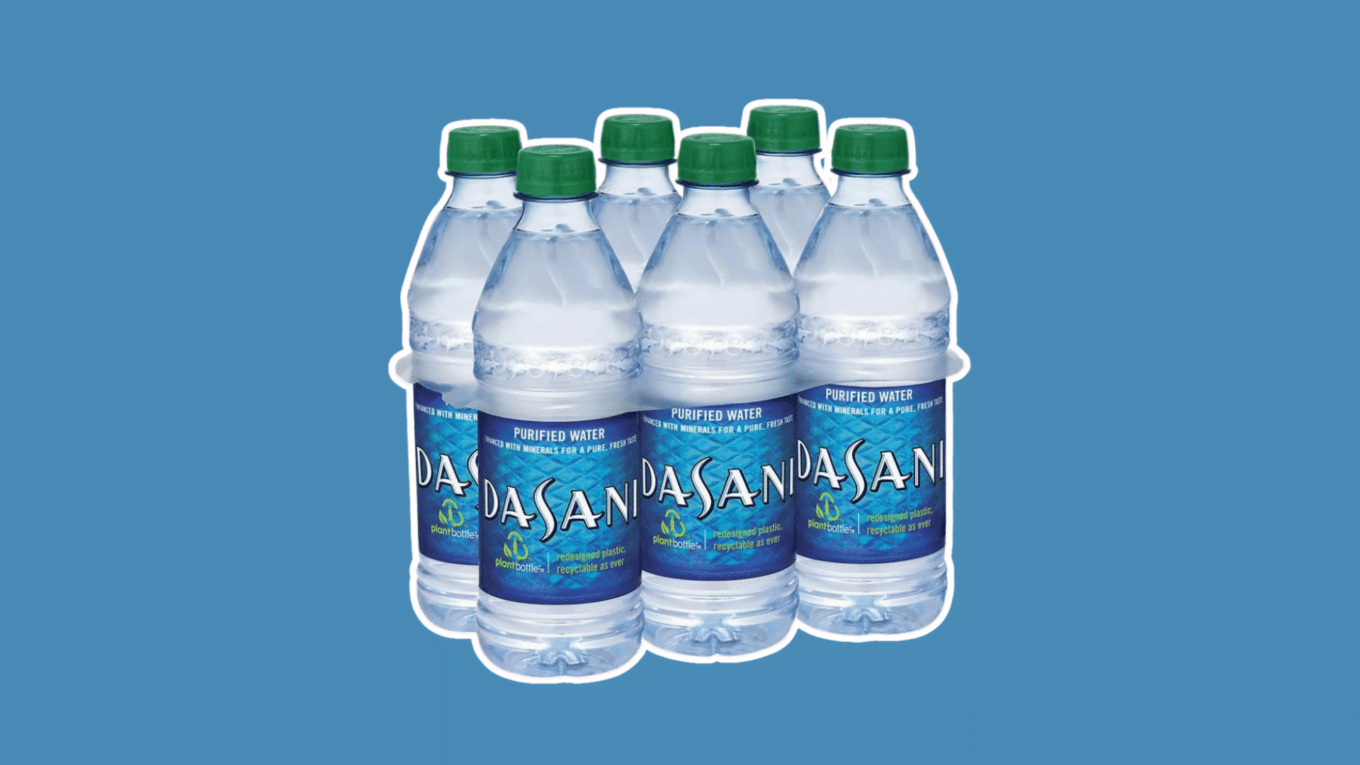Have you ever wondered about the taste and quality of Dasani water?
Many people have noticed that Dasani has a distinct flavor profile compared to other bottled water brands.
In this blog post, we’ll closely examine what sets Dasani apart and whether it’s worth buying. We’ll explore the purification process, added minerals, and Dasani water’s overall taste and quality.
By the end of this article, you’ll better understand what goes into each bottle of Dasani and be able to decide whether it’s the right choice for you.
So, let’s dive in and discover the truth behind one of the most popular bottled water brands on the market.
The Evolution of Dasani’s Flavor
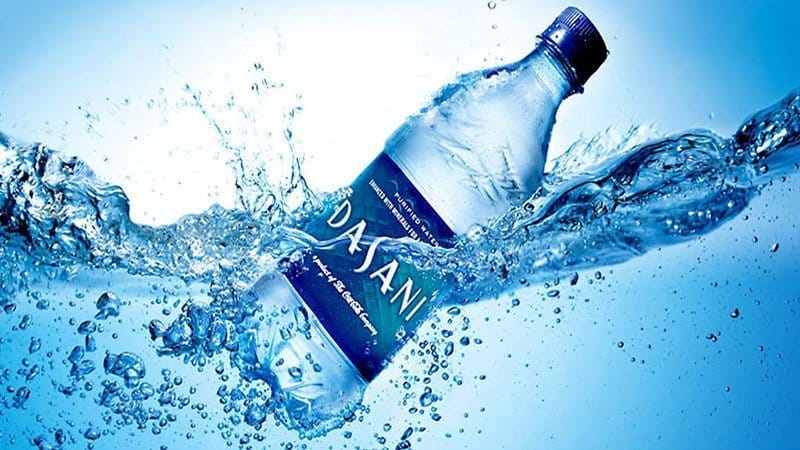
Dasani’s taste has been a topic of discussion among consumers for years.
Before the 2024 formula change, many people described the water as having a slightly salty or metallic aftertaste, attributed to sodium chloride and other minerals.
Some consumers found this taste profile unappealing, while others grew accustomed to it. However, the recent removal of sodium chloride from the formula has significantly altered Dasani’s flavor.
The new Dasani water has a cleaner, crisper taste that aligns with what consumers expect from bottled water. The absence of the salty aftertaste has made the water more refreshing and palatable for many people.
Dasani’s Visibility and Availability
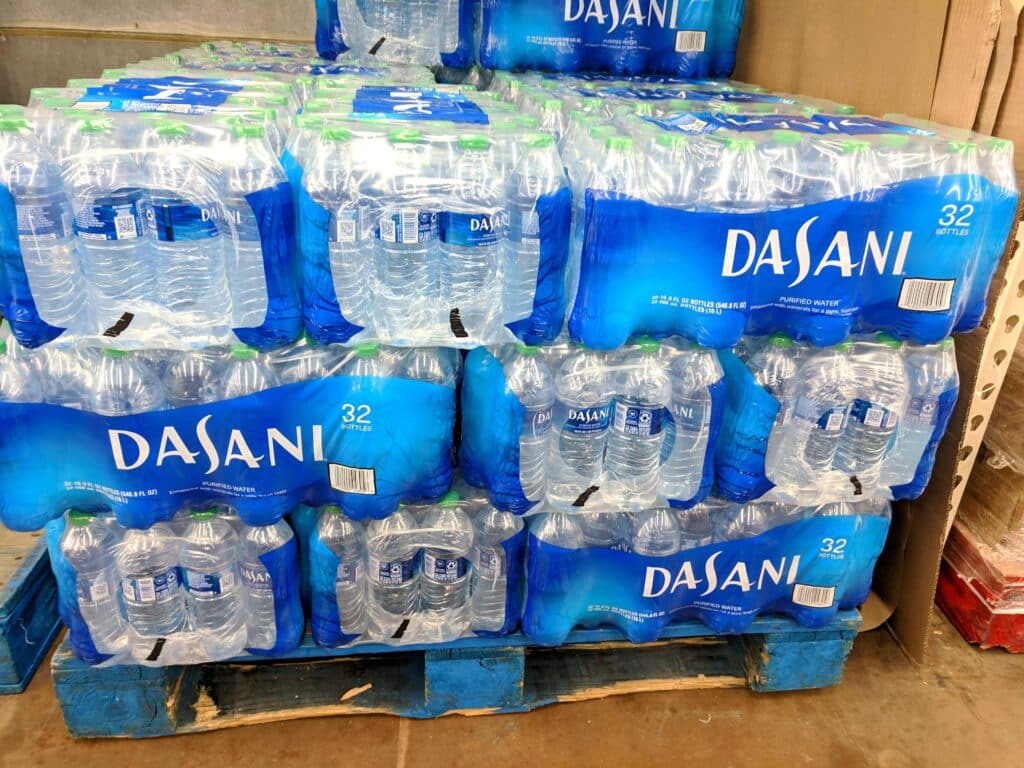
Dasani water is common on store shelves, vending machines, and coolers across the United States.
As a Coca-Cola product, it benefits from its vast distribution network, making it one of the most widely available bottled water brands. However, despite its ubiquity, Dasani has struggled to secure a top spot in global bottled water sales rankings.
Is Dasani Water Worth Buying?
1. Advantages and Disadvantages
| Advantages of Dasani Water | Disadvantages of Dasani Water |
|---|---|
| Improved Taste in New Formula | Contains Additives |
| The 2024 formula change removed sodium chloride, which has improved the taste, making it more appealing to some consumers. | Dasani water includes additives like magnesium sulfate, potassium chloride, and salt, which can concern health-conscious consumers. |
| Widely Available | Environmental Concerns |
| Dasani is readily available in many regions, making it a convenient choice for consumers. | The use of plastic bottles raises environmental concerns due to the impact on waste and pollution. |
| Competitive Pricing | Past Negative Feedback |
| Compared to some premium bottled water brands, Dasani is often more affordable, making it accessible to a broader audience. | Historically, Dasani has faced criticism for its taste and the presence of additives, which has affected some consumers’ trust in the brand. |
| Coca-Cola Branding | Regulatory Issues in Some Regions |
| As a Coca-Cola product, Dasani benefits from strong branding and marketing support. | Dasani has faced regulatory challenges and was even banned in the UK due to illegal levels of certain chemicals. |
2. Health Considerations and Value
When evaluating the health aspects of Dasani water, it’s important to consider the presence of added minerals. While these additives are generally safe, some consumers prefer more natural options.
In terms of value for money, Dasani is competitively priced compared to other major brands, but it may not offer the same perceived benefits as premium spring or mineral waters.
Whether Dasani water is worth buying depends on individual preferences and priorities.
The new Dasani formula may be a satisfactory choice for those seeking affordable, widely available bottled water with an improved taste.
Dasani Water- Ingredients
| Ingredient | Purpose in Bottled Water |
|---|---|
| Magnesium Sulfate | Often added to improve taste and remove bitterness from the water. It also provides essential minerals like magnesium. |
| Potassium Chloride | Used to enhance the mineral content of the water, which can improve flavor and replenish electrolytes. |
| Salt (Sodium Chloride) | Salt was previously part of the formula to enhance flavor, but it has been removed in the latest formulation to improve taste perception and reduce health concerns. |
What Consumers and Experts Are Saying
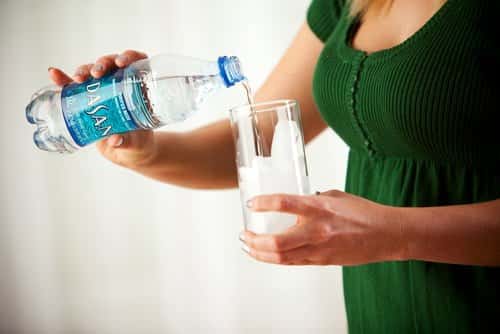
Consumer opinions on Dasani water have been diverse, with some praising its taste and others expressing dissatisfaction.
Following the recent formula change, which removed sodium chloride, many consumers have reported an improved taste experience.
Food and beverage expert John Smith noted, “The new Dasani formula offers a cleaner, crisper taste that is more in line with consumer expectations for bottled water.”
However, some customers on retail sites still describe the water as having a slightly metallic or bitter aftertaste despite the removal of salt.
Influencer Impact and Quality Studies
Specific incidents have significantly influenced Dasani’s perception, such as YouTuber Shane Dawson’s video discussing the water’s “fizz” and unusual taste.
This video sparked widespread conversations and made many consumers question the brand’s quality and transparency. Additionally, some studies have reported findings of microplastics in Dasani water, raising concerns about safety and purity.
While Dasani has addressed these concerns and maintains that its water is safe and compliant with regulations, these incidents have impacted consumer trust and perception.
Comparisons with Other Bottled Waters
| Brand | Taste Description | Price Range (per bottle) | Accessibility |
|---|---|---|---|
| Dasani | Clean, can have a slight mineral aftertaste | $1.00 – $1.50 | Widely available in most stores |
| Aquafina | Very pure, lacks mineral taste | $1.00 – $1.50 | Widely available in most stores |
| Fiji Water | Smooth, natural artesian water with a soft taste | $1.80 – $2.50 | Available in most grocery stores |
| Evian | Soft and balanced mineral content | $1.50 – $2.50 | Available in supermarkets and online |
| Smartwater | Vapor-distilled, crisp, and clean | $1.50 – $2.00 | Widely available |
| Voss | Crisp and clean, aesthetic packaging | $2.00 – $3.50 | Available in upscale stores and online |
| Waiakea | Naturally alkaline, volcanic filtration | $2.00 – $3.00 | Available online and in select stores |
| Icelandic Glacial | Exceptionally pure, natural alkalinity | $1.75 – $2.50 | Available in select supermarkets |
Bottled Water Regulations in the U.S.
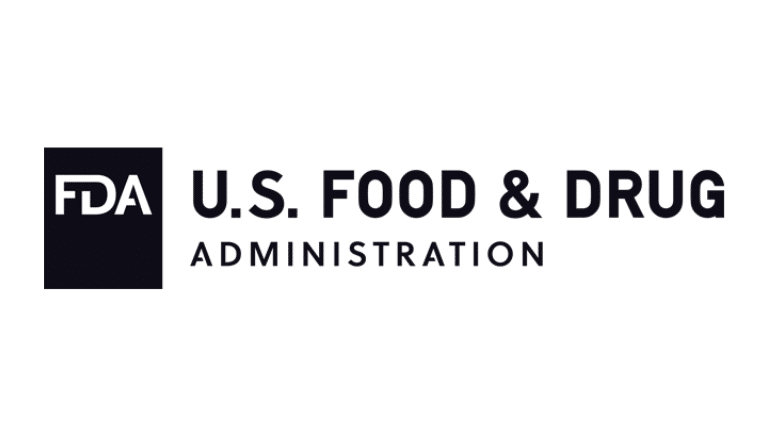
In the United States, the Food and Drug Administration (FDA) regulates bottled water, setting standards for quality, safety, and labeling.
These standards ensure that bottled water sold in the country meets strict purity and contaminant levels requirements.
The FDA requires bottled water manufacturers to follow Good Manufacturing Practices (GMPs) and to regularly test their products for microbiological, chemical, and radiological contaminants.
These regulations are crucial in maintaining consumer confidence and protecting public health.
Dasani’s Compliance Measures
Dasani, as a Coca-Cola product, adheres to the FDA’s regulations and follows strict quality control measures to ensure the safety and purity of its water.
The company uses a multi-step purification process that includes reverse osmosis, filtration, and disinfection to remove impurities and contaminants.
Dasani also conducts regular testing at various production stages to monitor water quality and maintain compliance with regulatory standards.
The brand strives to maintain transparency by providing information about its sourcing, purification methods, and quality assurance practices on its website and product labels.
Dasani’s Market Share
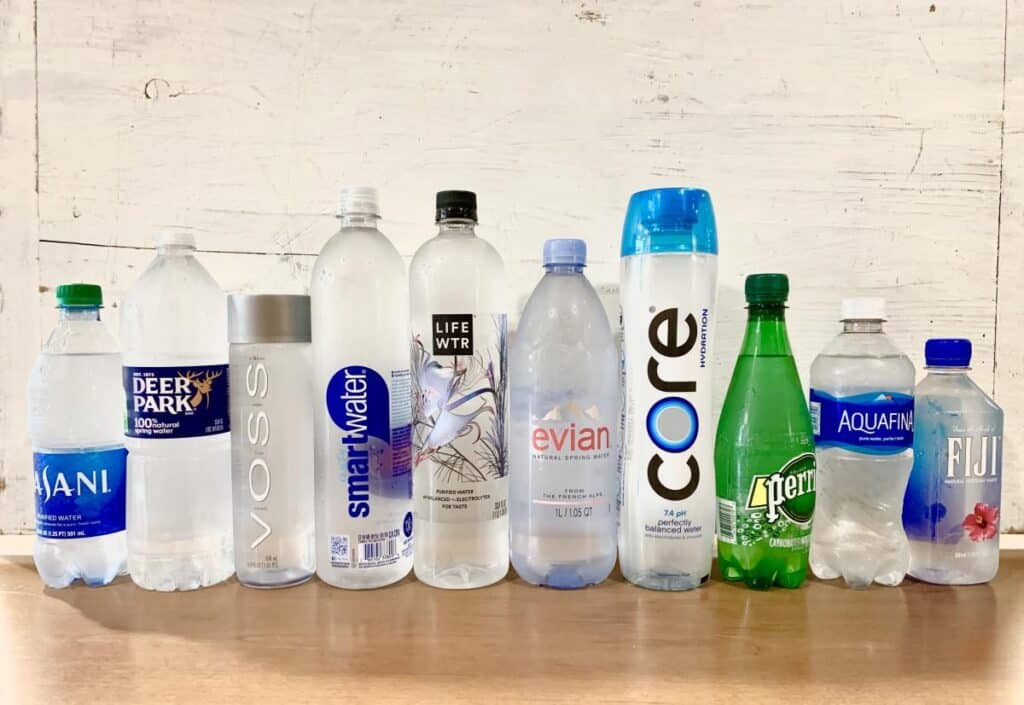
Dasani falls outside the top 10 global bottled water brands in terms of market share. Pricing strategies, marketing efforts, and consumer perceptions have influenced its performance.
While exact sales figures are not publicly disclosed, Dasani has experienced fluctuations in demand over the years, particularly following the introduction of its new formula in 2024.
Making the Right Choice
1. Checking for Certifications and Lab Results
Look for health and safety certifications from recognized organizations like NSF International or the FDA, which indicate that the water meets high-quality standards.
Additionally, consider requesting lab results from the water company to check for contaminants and mineral levels.
This information can help you choose the safest and most suitable water.
2. Understanding Labels and Ingredients
Check the label for the water’s source, the filtration process, and any added ingredients. Avoid water with high sodium or artificial flavors, as these may indicate lower quality.
Understanding these details helps you pick a water brand that aligns with your health preferences and needs.
3. Personal Preferences and Health Considerations
When selecting bottled water, consider your health needs and taste preferences.
If you need low-sodium water or fluoride for dental health, choose accordingly. Some may prefer mineral-rich spring water, while others might like the clean taste of purified water.
Also, think about whether you like sparkling or still water. Your choice should balance personal health needs, taste, and quality.
Summing It Up
Dasani water has undergone a significant transformation with its new formula, addressing long-standing consumer concerns about taste and quality.
While the brand still faces challenges regarding public perception and environmental impact, the recent changes demonstrate a commitment to listening to feedback and evolving to meet consumer needs.
Ultimately, whether Dasani is worth buying depends on individual preferences and priorities, but its improved taste profile and competitive pricing make it a viable option for many.
As the bottled water industry evolves, it will be interesting to see how Dasani adapts and innovates to stay relevant in an increasingly health-conscious and environmentally aware market.
So, the next time you’re looking for a refreshing drink on the go, consider trying the new Dasani and judging for yourself.
Frequently Asked Questions
What is the Healthiest Bottled Water to Drink?
The healthiest bottled water is natural spring or purified water with minimal additives and contaminants.
What is the Best Water for Your Kidneys?
Choose water with low sodium and a balanced mineral content for kidney health. Plain water is generally the best choice.
Does Lemon Water Cleanse the Kidneys?
While lemon water may have some benefits, there is no scientific evidence that it directly cleanses or detoxifies the kidneys.

